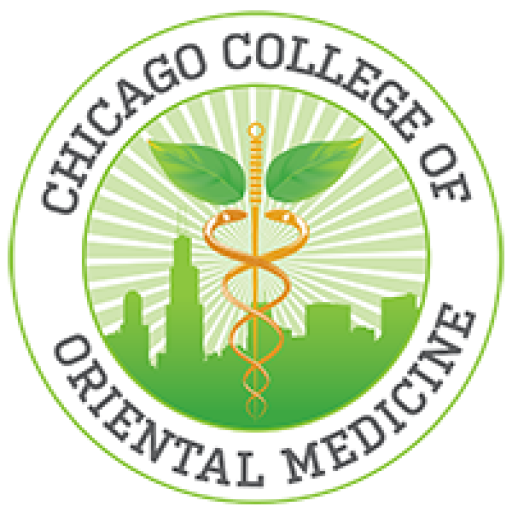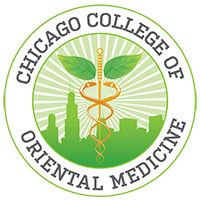Program Learning Outcomes

Master of Acupuncture
1. Conduct themselves in a professional, mature, and respectful manner, both on and off campus.
2. Exhibit a deep understanding of ethical standards as stated in the Illinois Acupuncture Practice Act and shall also pledge to the NCCAOM’s Code of Ethics.
3. Maintain and follow standard quality, safety, environmental, and infection control policies and procedures.
4. Adhere to all applicable federal, state, and local statutes and regulations.
5. Maintain detailed and complete records of health care plans and evaluations.
6. Analyze physical findings and medical histories to make evaluations according to Traditional Chinese Medicine Practices.
7. Develop individual treatment plans to further promote, restore, or maintain health.
8. Evaluate treatment outcomes and recommend new or modified treatments as necessary to further promote, restore, or maintain health.
9. Collect patient histories as well as general health and lifestyle information from patients.
10. Assess patients’ general physical appearance to make evaluations.
11. When and as appropriate, to consider Western medical procedures in the patient’s health assessment, in the health care team’s communication, as well as patient care referrals.
12. Educate patients on topics such as the healing process, meditation, ergonomics, stretching, exercise, nutrition, breathing, or relaxation techniques.
13. Insert needles properly to provide acupuncture treatment.
14. Identify correct point locations based on the patient’s anatomy, anatomical positions, contraindications, and precautions related to treatments such as intradermal needles, moxibustion, electrical stimulation, Gua Sha, bleeding, cupping, cold LASTER therapy.
15. Apply moxibustion directly or indirectly to patients using Chinese, non-scarring, stick, or pole moxibustion.
16. Treat patients using specialized tools including, but not limited to, needles, cupping, seeds, pellets, and Gua Sha tools.
17. Apply heat or cold therapy to patients using materials such as heat pads, hydrocollator packs, warm compresses, cold compresses, heat lamps (e.g., infrared lamps, TDP mineral lamps), vapor coolant sprays, and herbal topical liniments.
18. Treat conditions using techniques to include, but not limited to acupressure, Shiatsu, Tui Na. Qi Gong, Tai Chi, and Gua Sha.
Master’s of Acupuncture and Chinese Herbal Medicine
In addition to the above mentioned Eighteen learning outcomes, students graduating from the Master’s of Acupuncture and Chinese Herbal Medicine program must also demonstrate the following:
19. Prescribe and/or dispense herbal formulas and remedies; provide patient education including informing patients of the purpose for the herbal formula or preparation, dosage, volume, frequency of use, anticipated consumption, duration, as well as possible side effects and drug interactions.
20. Formulate herbal preparations and formulas to treat conditions considering herbal properties such as taste, temperature, toxicity, effects of preparation, cautions, contraindications, and incompatibilities for appropriate application.

